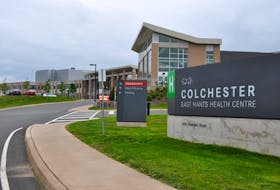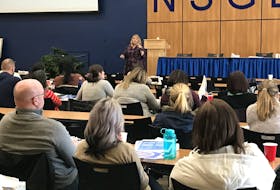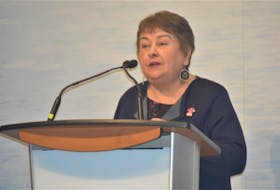ST. JOHN'S, N.L. — New survey results show that the shortage of family doctors in the province has the greatest burden on people in the lowest-income brackets, the Newfoundland and Labrador Medical Association (NLMA) says.
A news release distributed Wednesday notes that on Sept. 17, the NLMA released a new poll conducted by Narrative Research that showed 19 per cent of residents — or about 99,000 people in Newfoundland and Labrador — do not have a family doctor.
Further analysis of those results reveals that the burden of not having regular access to a family physician falls disproportionately on people with lower incomes, the NLMA says.
“Evidence tells us that income is a key predictor of health status,” NLMA president Dr. Charlene Fitzgerald stated. “This was reinforced by our latest survey results, which revealed a staggering inequity when it comes to income and access to family physicians.”
Among residents surveyed, 26 per cent of those with household incomes less than $50,000 per year had no family doctor. Among those with household incomes between $50-100,000, 21 per cent reported having no family doctor. In comparison, only 7 per cent of those with household incomes above $100,000 reported having no family doctor.
“Every citizen has a right to be attached to a family doctor,” Fitzgerald said. “When a person is unable to access primary care because there are no family doctors available, chronic diseases and acute illness can go untreated. If you are living on a low income, you are at an even greater risk.”
People living on lower incomes may have greater difficulty accessing affordable transportation to travel to doctors in different locations. Some may face even greater challenges, including food insecurity, inadequate living conditions or inability to navigate the health system.
The NLMA met with Health Minister John Haggie in September to address the growing number of orphaned patients in the province.
The NLMA and the provincial government agreed to establish a committee to focus on short-term and long-term solutions. The committee held its initial meeting last month and will continue its work over the coming weeks.
“Short-term and long-term solutions are needed to ensure we have the right number of family doctors in the province to meet the needs of our population,” Fitzgerald stated.
“Physicians pledge to continue to work with government to ensure social equity and to prevent vulnerable people in our communities from falling through the cracks.”








